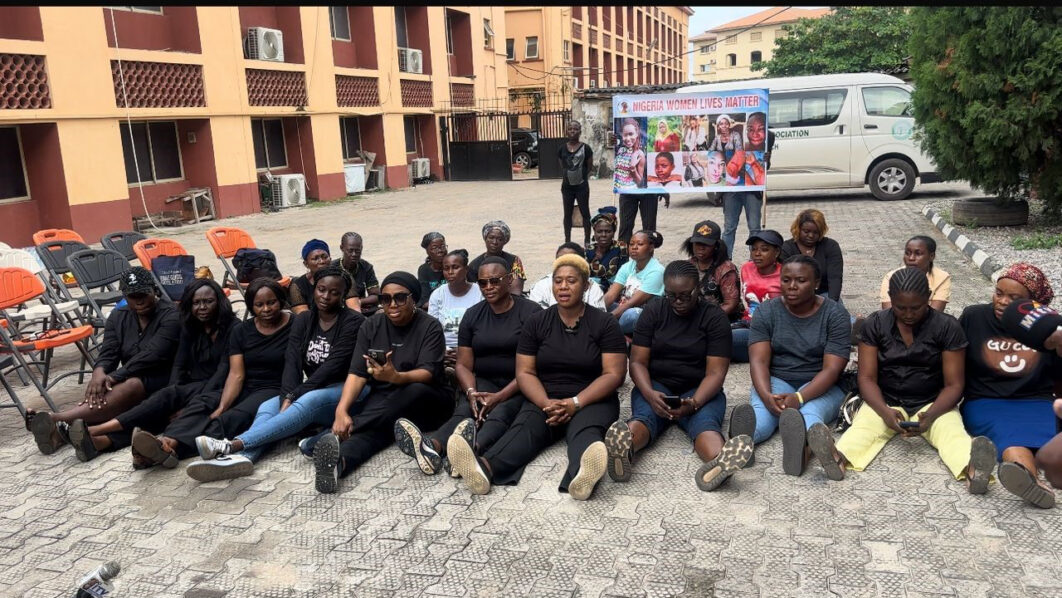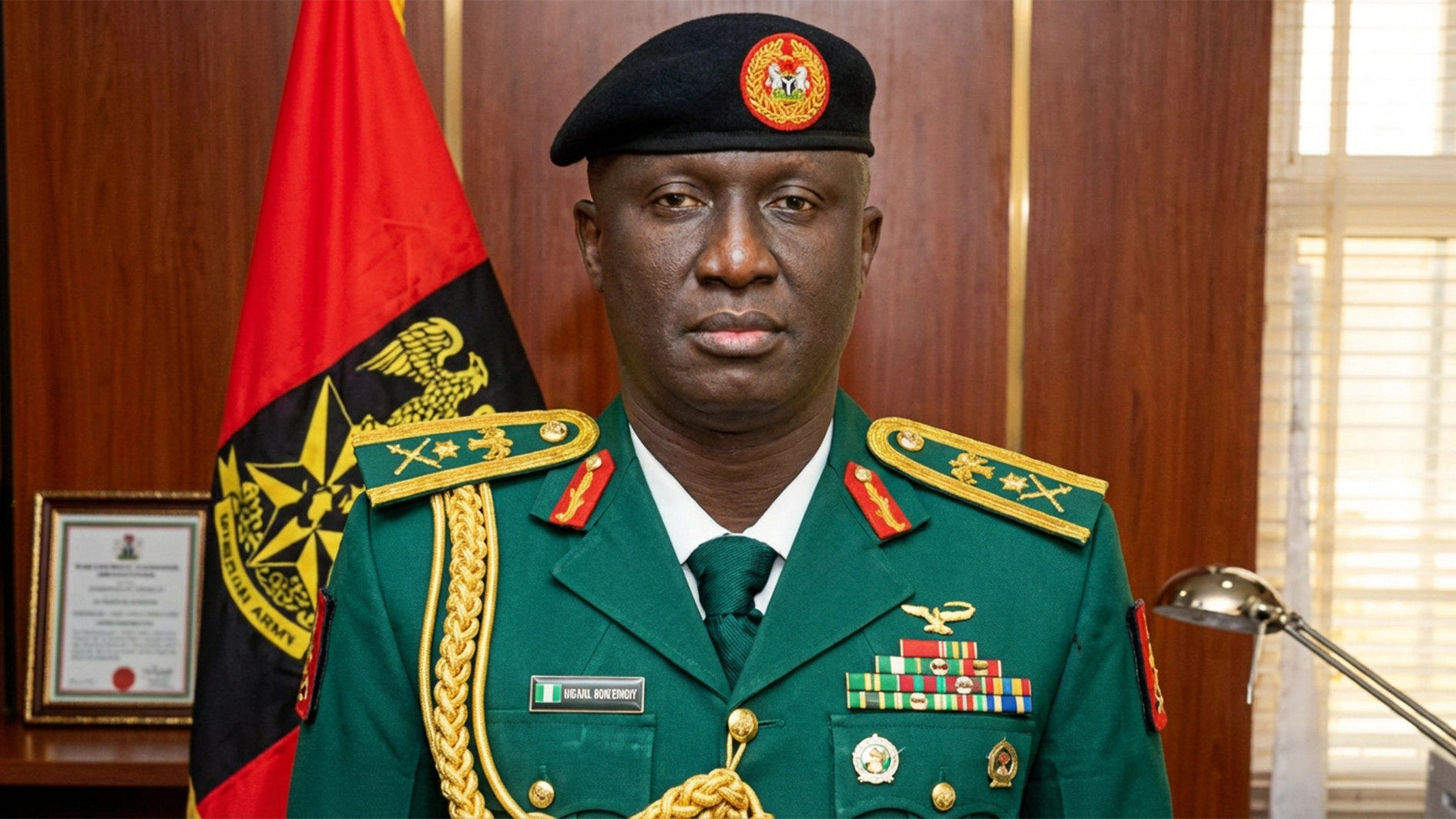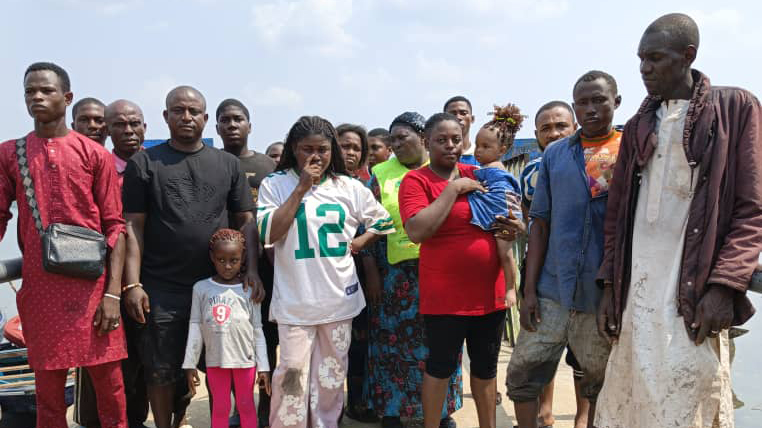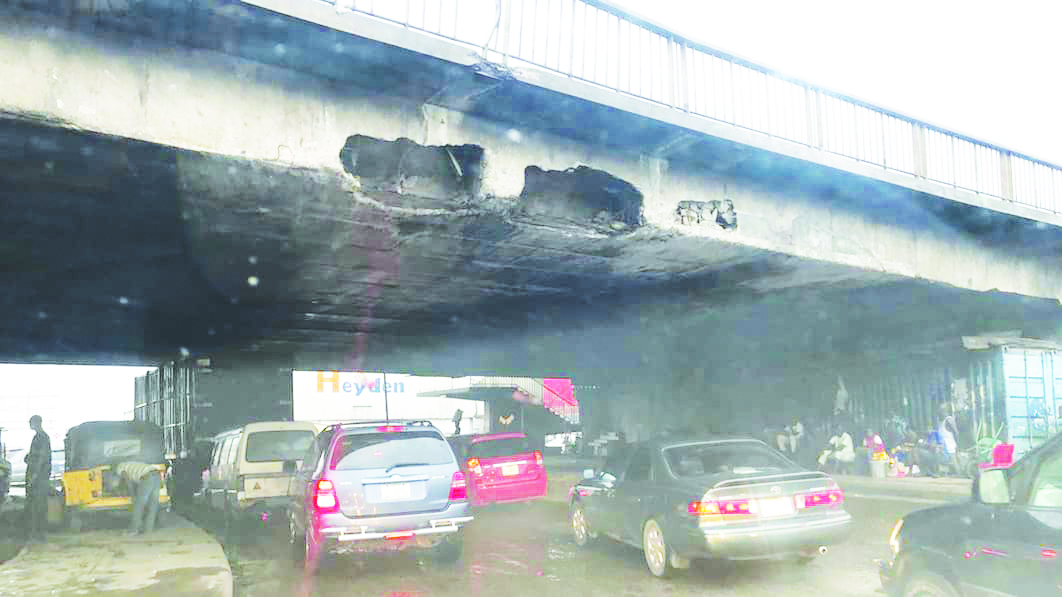
Two rights groups, Tonia Bruised but not Broken and Stop The Abuse Against Women And Children Foundation, yesterday described Nigeria’s 64th Independence Day celebration as devoid of true freedom and justice for women.
The groups led women to the Nigerian Bar Association (NBA) headquarters in Ikeja, Lagos State, for a sit-in to condemn the rising cases of femicide and sexual and gender-based violence.
The groups described statistics of abuse against women as staggering and heart-wrenching, remembering victims such as: Uwa Omozuwa, brutally murdered in a church in Edo State; Evelyn Ibe, stabbed to death by her husband in Abuja; Comfort Ogbu, murdered by her husband in Enugu; Bimbo Ogbonna, a victim of domestic violence; Christiana Idowu, killed by a family friend who demanded ransom; Barakat Bello, murdered by hoodlums who sexually abused her and then stabbed her to death; the woman raped by a police officer in Lagos while in custody; the little girl defiled by a police officer in a Lagos police station.
These cases, which are not isolated incidents, reflect a culture of impunity and systemic failure, the groups said. They lamented that femicide has been given little or no prominence and perpetrators go unpunished.
Anthonia Ojenagbon, founder of Tonia Bruised but not Broken, called for an end to the deprivation of widows’ rights, harmful traditional practices affecting widows, female genital mutilation, out-of-school girls, and child marriages.
“Today, we declare enough is enough and demand urgent government action to address gender-based violence,” Ojenagbon said. She called for: strengthening laws and policies to protect women and hold perpetrators accountable; increased funding for Juvenile and Women’s Centers (JWC), Family Support Units (FSU), Gender Offices, women’s shelters, and support services; community education and sensitisation programmes to challenge harmful gender stereotypes; justice for victims and their families.
Ojenagbon also questioned why police departments are underfunded and perpetrators walk free, asking if women’s lives are not prioritised and why special courts for sexual offenders are scarce.
Toyin Ndidi Taiwo-Ojo, founder of Stop The Abuse Against Women And Children Foundation, questioned why October 1 is celebrated as Nigeria’s independence day when Nigerian women are not truly independent.
“Women are still being sexually abused and killed at workplaces,” Taiwo-Ojo said. “Women should not be seen as prey. There must be adequate funding for women’s matters, especially when it comes to prosecution. The government must strengthen the Family Support Unit; the gender unit is poorly funded.”
Mandy Demechi Asagba, President of the African Women Lawyers Association (AWLA), highlighted the alarming statistics of femicide in Africa and Nigeria. She pointed out that many cases go unreported and families often hide these cases from the public and the media.
Asagba also criticised the lack of adequate victim support and the frustratingly long time it takes to get justice. She emphasised the need for police surveillance to protect victims and their families.
“We are here to demand freedom, women’s emancipation; enough of the suffering, enough of the humiliation, enough of injustice,” Asagba said. “We are demanding gender parity. The laws are there, but are they implementing these laws? How long do we have to stay in court to get justice for women?”






